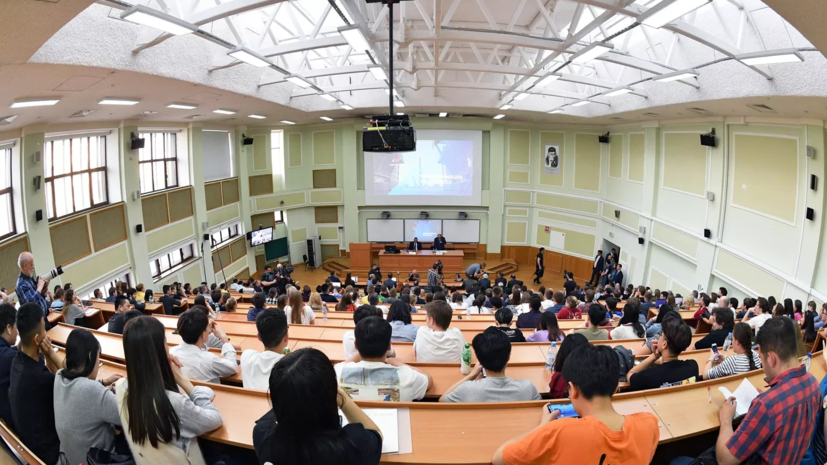First of all, according to her, it is necessary to study your audience, as well as "find a balance between theory and practice."
In addition, she noted the need to work on the quality of visual content.
“Teachers need to pay attention to how they distribute information in their demonstration materials.
In particular, it must be remembered that presentations, handouts and videos are an alternative to teaching aids, so they should contain a minimum of text, but at the same time reflect the main theses and key points.
Their quality directly affects the effective assimilation of information, ”said the RT interlocutor.
She emphasized that students need practical tasks not only to “reinforce theory”, but also in order to “understand how they can use new knowledge in real life.”
For children, according to Krylova, it is important to tell how school knowledge “will help them out in adulthood”: for example, basic knowledge of chemistry can help with the choice of products.
In addition, the expert recommended adding elements of group training and a competitive process.
“For both adults and children, competition can be built in the form of a game.
However, you need to carefully add competitive elements to group training.
Here, teachers should first of all build on the characteristics of their audience and remember that adults are more prepared for failures than children,” explained the methodologist of educational programs at Skillbox.
Another effective method is the flipped class method, which works with both children and adults, the expert added.
“Its essence is not to give students a ready-made theory, but to ask them to study some material on their own.
Students discuss, prepare for the lesson themselves and prioritize.
They construct their knowledge themselves, include active rather than passive consumption of information, which helps to remember it for a long time.
It can also become an additional factor of motivation,” the specialist concluded.
Earlier, the candidate of medical sciences, psychiatrist, narcologist Igor Kurekov told how to distinguish manifestations of excessive pedantry from symptoms of obsessive-compulsive disorder.

